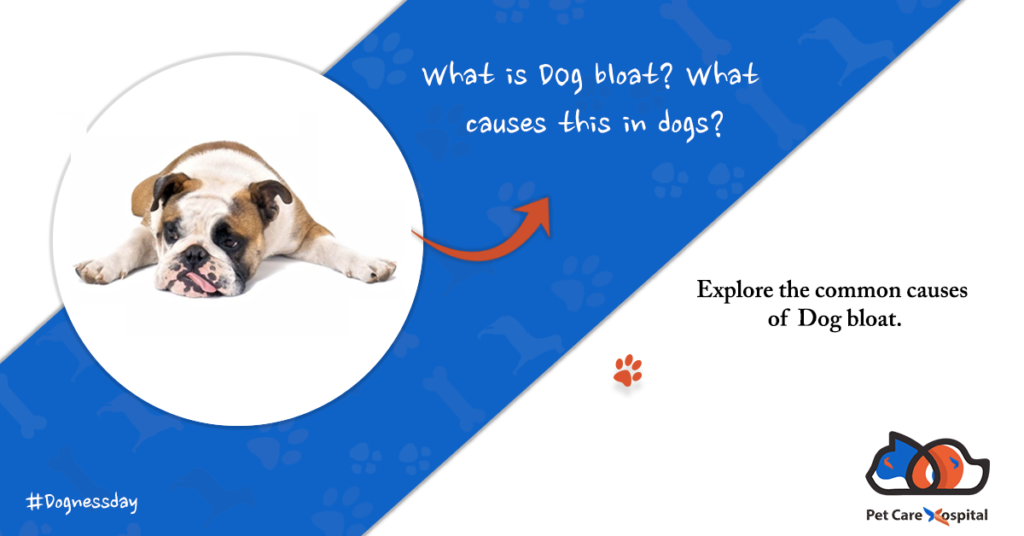
What is Dog Bloat and how can you protect your dog from it?
Dog bloat is a very common condition that pet owners tend to take for granted most of the times but this can be dangerous and even life-threatening. Dogs with bloating need to get treatment right away.
What is Dog Bloat?
When a dog's stomach gets full of gas, food or some sort of fluid it makes the stomach expand. Due to this, the organs get pressurized which causes dangerous problems:
-
Harder to breathe
-
Stomach wall tear
-
Blood flow stop pumping to the heart and stomach lining
Some dogs can even suffer from gastric dilatation-volvulus where the blood gets trapped in the stomach and blocks it from returning to the heart and other parts of the body.
What are the symptoms of Dog bloat?
Dog bloating doesn't take time and occurs really quick. Symptoms that your dog might show:
-
Act restless
-
Drool
-
Have a swollen stomach
-
Look anxious
-
Look at his stomach
-
Pace
-
Try to vomit, but nothing comes up
As the condition gets worse, he may:
-
Collapse
-
Have pale gums
-
Have a rapid heartbeat
-
Be short of breath
-
Feel weak
Causes
No vet can give the exact reason why bloating was caused but there are certain things that raise a dog’s risk for it, including:
-
Eating from a raised food bowl
-
Having one large meal a day
-
Eating quickly
-
A lot of running or playing after he eats
-
Other dogs he’s related to have had bloat
-
Eating or drinking too much
-
Stress
There are no specific breeds with this condition but it is surely much more common in deep chested and large breeds like Akitas, Boxers, Bassett Hounds, and German Shepherds.
Some are at a higher risk than others, including Great Danes, Gordon Setters, Irish Setters, Weimaraners, and St. Bernards.
Treatment and Prevention of Dog Bloat
Treatment
The treatment depends on the dog's condition.
First, the vet will put a tube into your dog’s throat and down to his stomach to release the pressure that has built up. Sometimes, a twisted stomach can keep the tube from passing through. If that’s the case, the vet will put a large, hollow needle through his belly into his stomach and release the pressure that way.
Fluids through an IV, antibiotics, or steroids are given if your dog is in shock.
Then, the vet will take X-rays to see if his stomach is twisted. If it is, your dog will have emergency surgery to untwist it and put it back in its normal position. The vet also will fix the stomach in the right place to keep your dog from getting bloat again.
Prevention
Bloating can be a very dangerous condition but it can ver well be avoided:
-
Don’t use a raised bowl unless your vet says your dog needs one.
-
Don’t let him run or play a lot right before or after meals.
-
Feed him a few small meals throughout the day instead of one or two large ones.
-
Make sure he drinks a normal amount of water.
Do not take this condition for granted. Get in touch with the best veteran in your city.